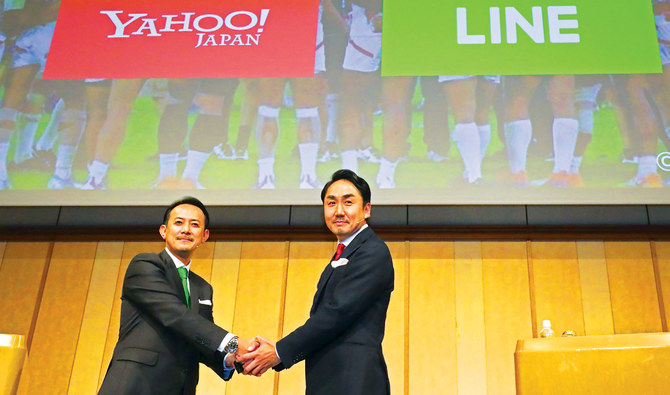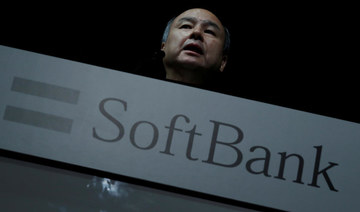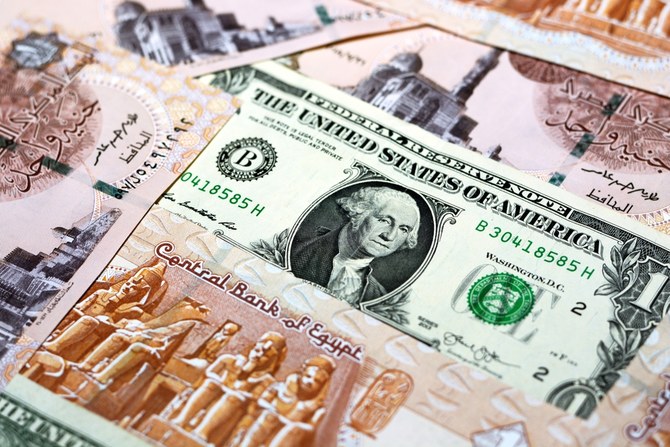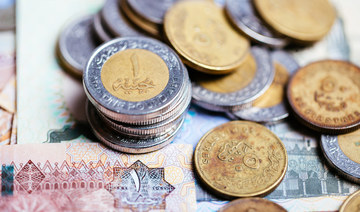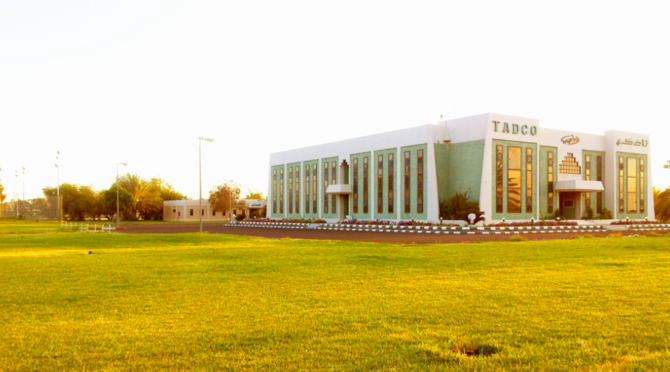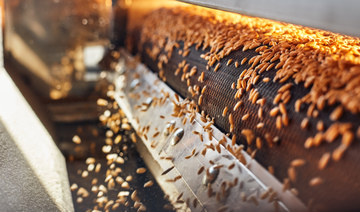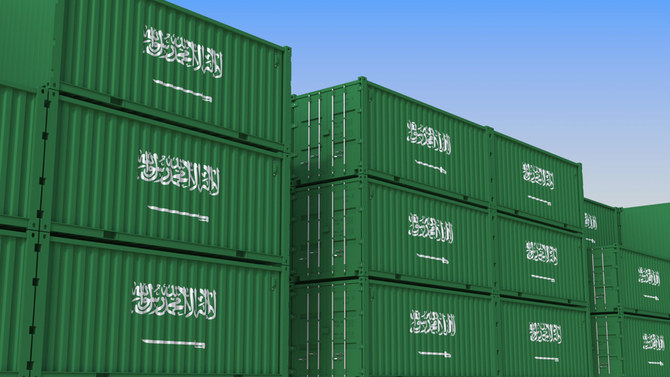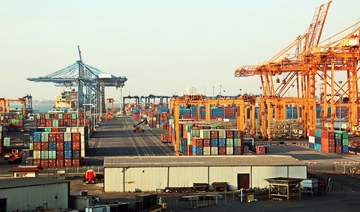TOKYO: SoftBank Corp. plans to merge Internet subsidiary Yahoo Japan with messaging app operator Line Corp. to create a $30 billion tech group, as it strives to compete more effectively with local rival Rakuten and US tech powerhouses.
The deal, which would combine the providers of two of Japan’s top QR code payment services, offers Yahoo Japan access to 164 million Line users and their data in Japan and Southeast Asia as SoftBank expands into services outside its core wireless business.
It also gives loss-making Line a deep-pocketed patron who can offer its tech expertise, including potentially via the Vision Fund.
The deal comes as SoftBank Group founder Masayoshi Son battles to restore his reputation after an ill-fated investment in office-sharing firm WeWork.
SoftBank Corp. said Yahoo Japan, which last month changed its name to Z Holdings Corp, would aim to complete its merger with Line, owned by South Korea’s Naver Corp. , in October 2020.
HIGHLIGHTS
● SoftBank, Naver to form 50:50 joint venture.
● Joint venture will control Yahoo Japan, Line.
● Plan tender offer for Line shares.
The companies plan to reach a definitive agreement by next month under which SoftBank Corp. and Naver will form a 50:50 venture that would control Z Holdings, which in turn would operate Yahoo Japan and Line.
SoftBank Corp. and Naver, which owns 73 percent of Line, plan to launch a tender offer for Line’s remaining shares at 5,200 yen each — a 13.4 percent premium to the price before news of the merger broke. That values Line at about $12 billion.
Line has been looking for growth through expansion into areas such as QR code payments with Line Pay, but has been squeezed because of its limited funds and heavy-spending peers including SoftBank, which has a rival service called PayPay.
The merger of Japan’s most popular messaging app with one of its top online retailers is the latest consolidation in its tech industry, and comes as Rakuten is expanding into SoftBank’s core business with the launch of mobile services.
Yahoo Japan this month completed its acquisition of online fashion retailer Zozo Inc, whose founder Yusaku Maezawa sold down his stake following missteps.



